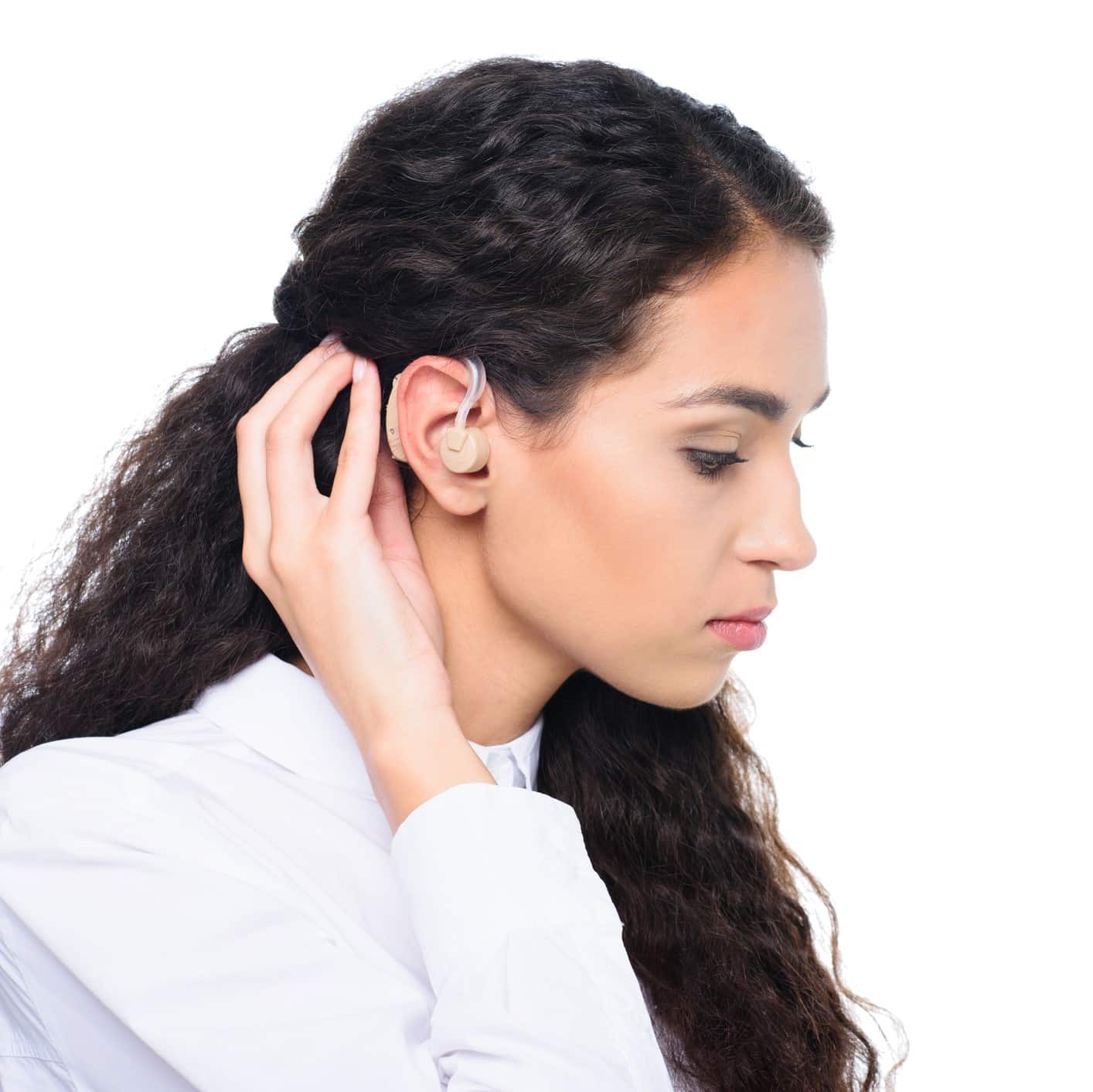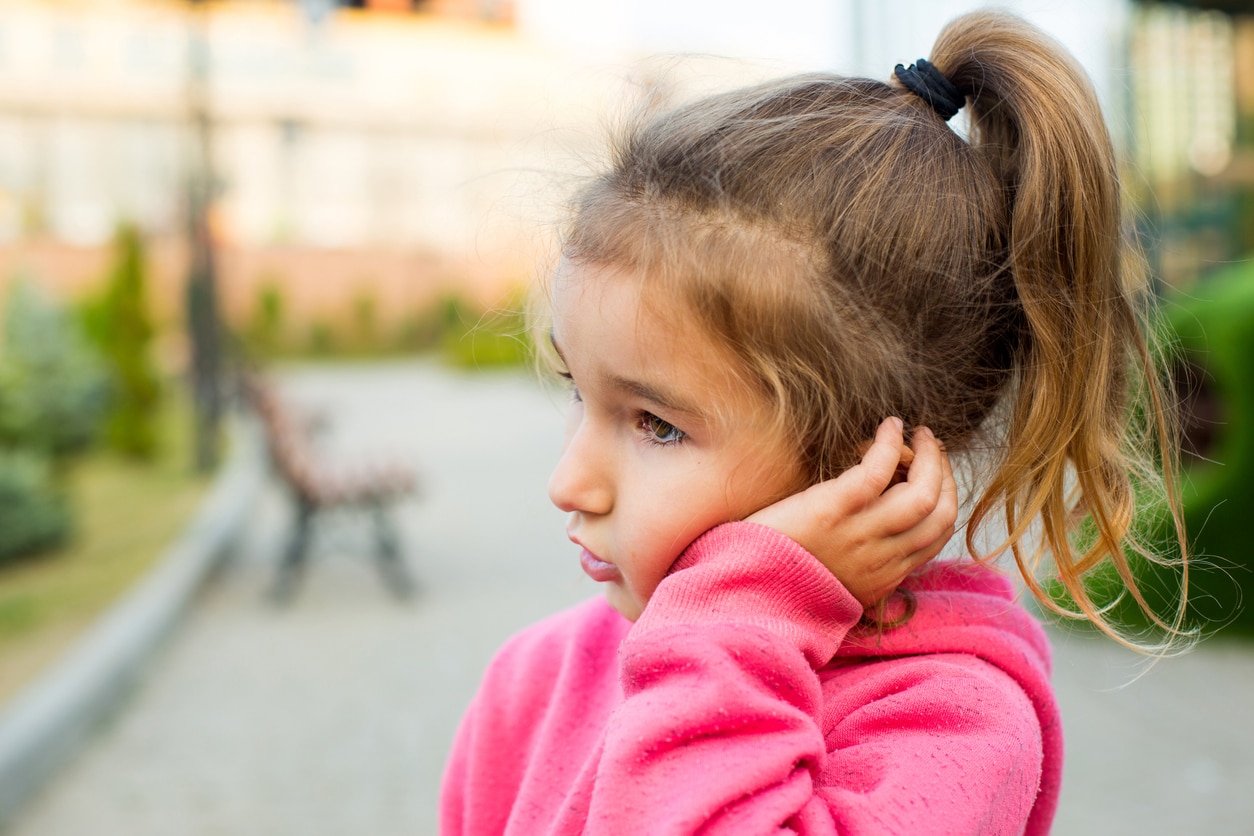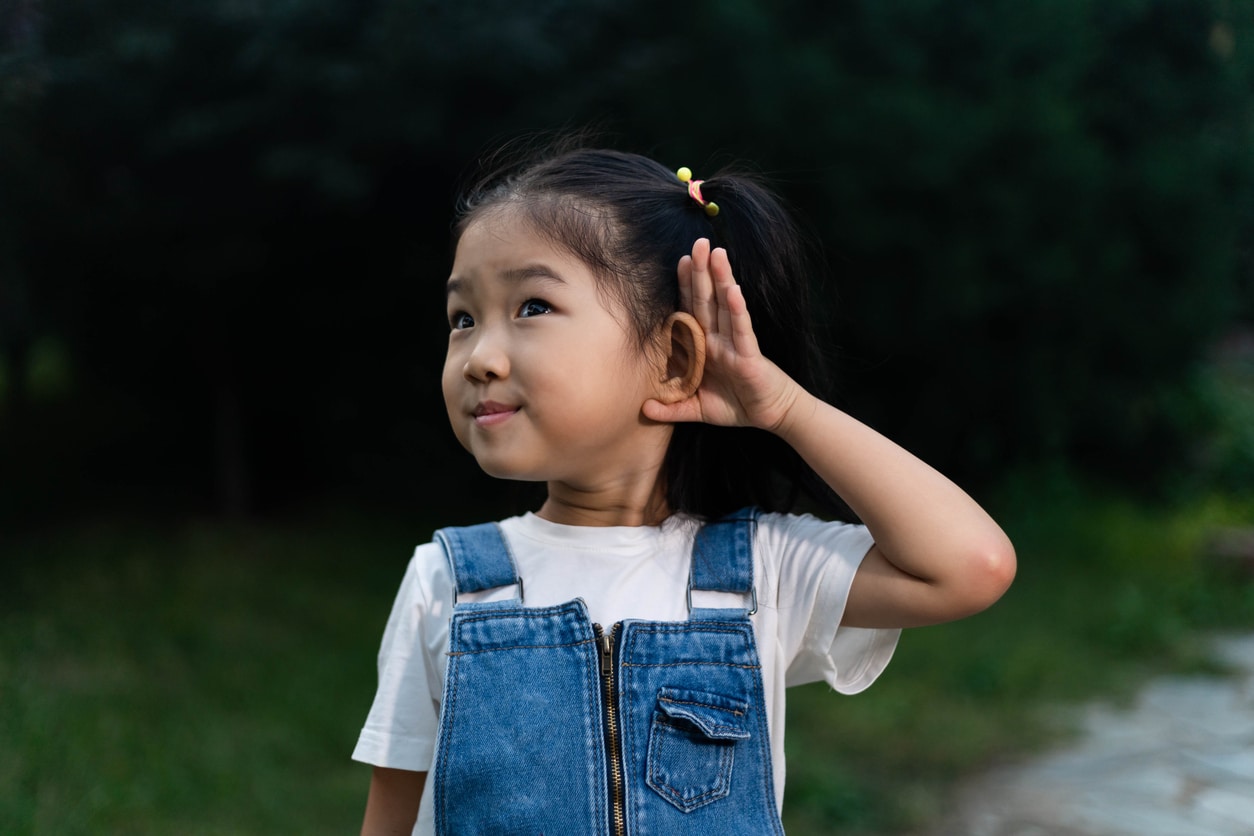-
Sudden vs. Gradual Hearing Loss: What’s the Difference and Why It Matters

At first glance, it’s easy to tell the difference between sudden hearing loss and gradual hearing loss: one happens quickly and dramatically, and the other happens over months or years. However, there are some key…
-
New Year, New Hearing Test

Has it been a while since your last hearing test? If so, you may be due for a new one, even if you don’t think you have symptoms of hearing loss. The World Health Organization…
-
Understanding the Occlusion Effect

Have you ever had something in your ear—such as earbuds or hearing aids—and then felt like your own voice was booming and echoing in your head when you spoke? That is known as the occlusion…
-
Five Signs of Hearing Loss You May Have Overlooked

Untreated hearing loss is a significant problem; of the almost 30 million Americans who could benefit from hearing aids, fewer than 30% have ever worn them. There are many reasons why hearing loss may go…
-
What Can Cause Temporary Hearing Loss in Children?

If your child has been complaining that things “sound funny” or has been tugging on their ear a lot, it might be worth considering if they’re experiencing temporary hearing loss. Figuring this out might be…
-
What Are Temporary and Permanent Threshold Shifts?

If you’ve ever experienced muffled sounds after being exposed to a loud noise, you’ve experienced a phenomenon known as a threshold shift. Auditory threshold is defined as “the average sound pressure level that is just…
-
What Is Selective Hearing?

Selective hearing is the ability of your brain to isolate sound in a noisy environment. You’ve probably engaged in it yourself at a party, which is why it’s also known as ‘The Cocktail Effect.’ How…
-
Exploring the Relationship Between Anemia and Hearing Loss

Nearly 15% of American adults have experienced some trouble hearing in the past year. Hearing loss can stem from a variety of causes, including genetics, exposure to loud noises and certain health conditions. There is…
-
What to Know About Synesthesia

Synesthesia is a neurological phenomenon in which stimulation of one sensory pathway automatically triggers another, unrelated sensory experience. It’s not a hallucination or disorder but a blending in the brain’s sensory regions. People with synesthesia…
-
Types of Hearing Tests

If you’re between the ages of 18 and 65 and you’re exhibiting symptoms of hearing loss, are exposed to loud noises regularly or have a family history of hearing loss, we at recommend scheduling a…